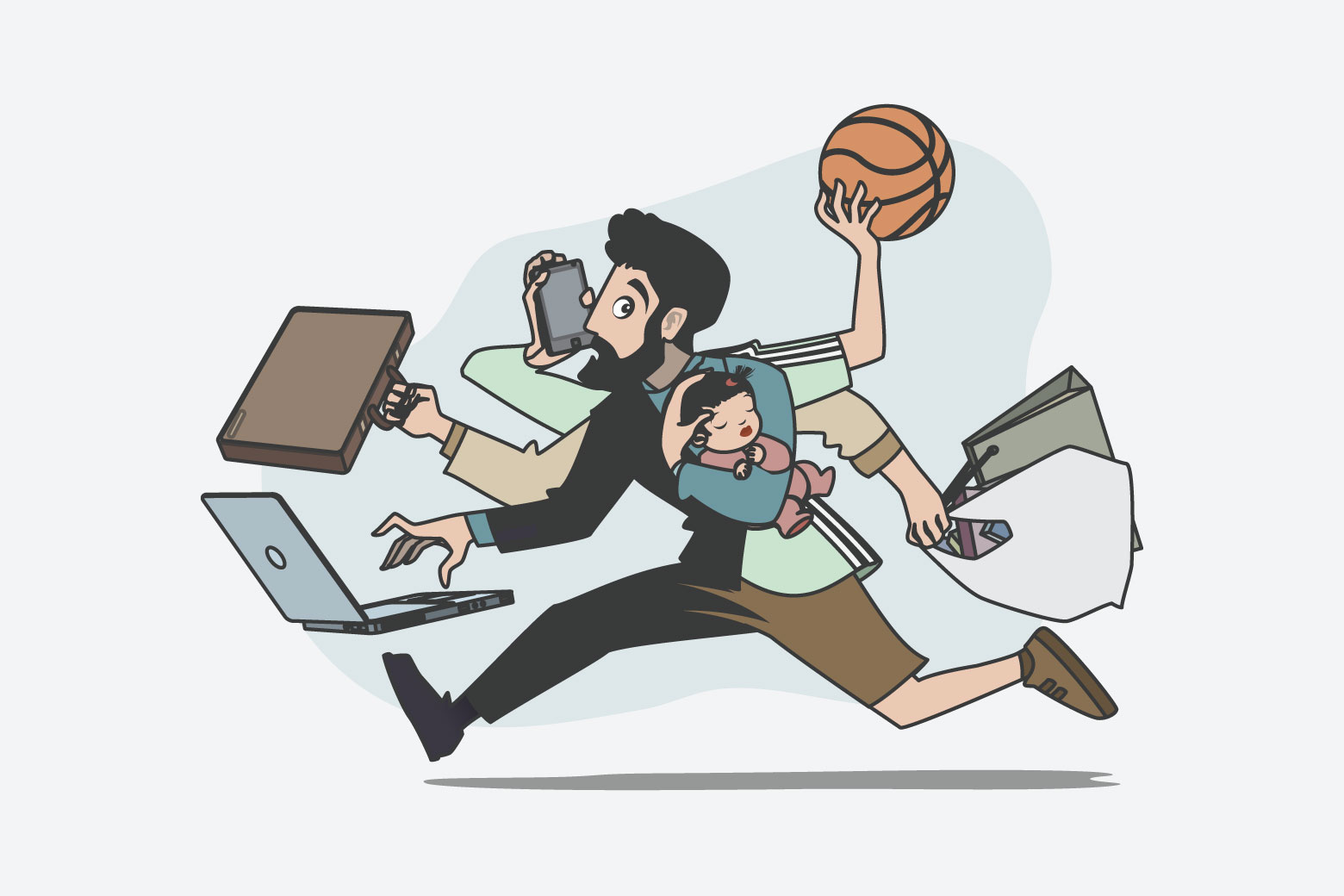Your Welcoa membership has expired.
A Uniquely American Problem
American families are often forced to choose between taking care of a spouse or parent when an unexpected medical emergency come up or keeping their job and benefits. Ryan Picarella, President & CEO of WELCOA, visits with Josh Levs, who reveals how businesses can adapt to evolving gender dynamics in the workplace, the goal of ending myths about men who are fathers, and provides insights to help companies update policies and cultures to create a level playing field for gender equal caregiving. His work has been captured in his book All In: How Our Work-First Culture Fails Dads, Families and Businesses – And How We Can Fix It Together.
Unlock all 679 Resources
Core Membership provides the tools, information and resources you need to build and sustain successful wellness programs.

